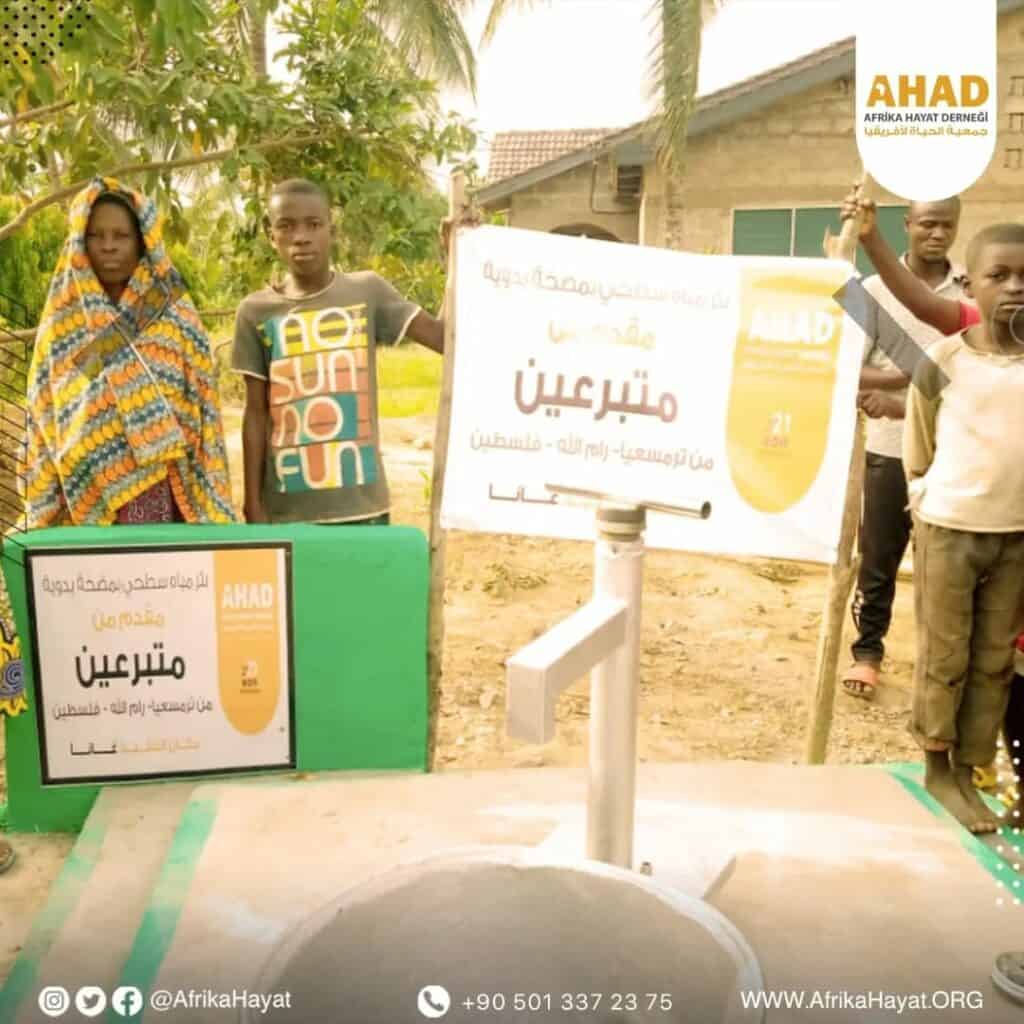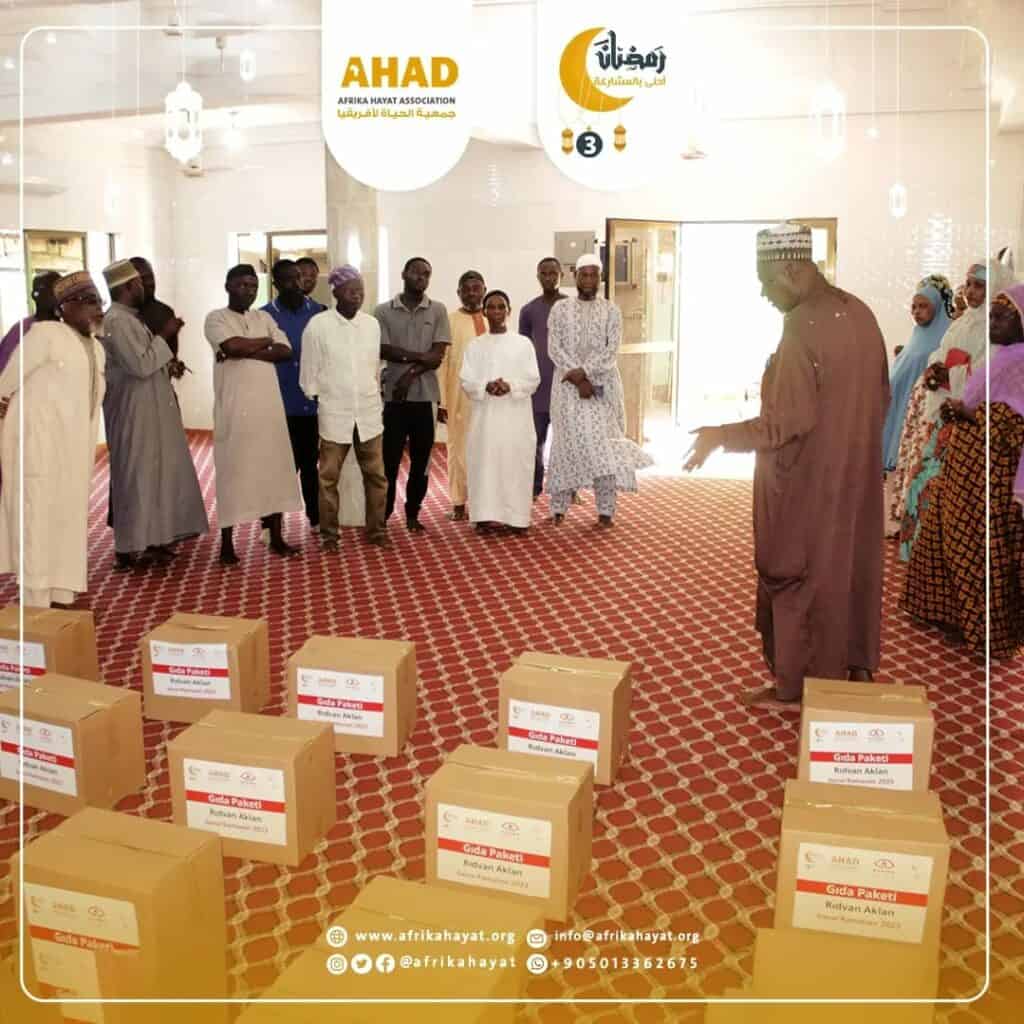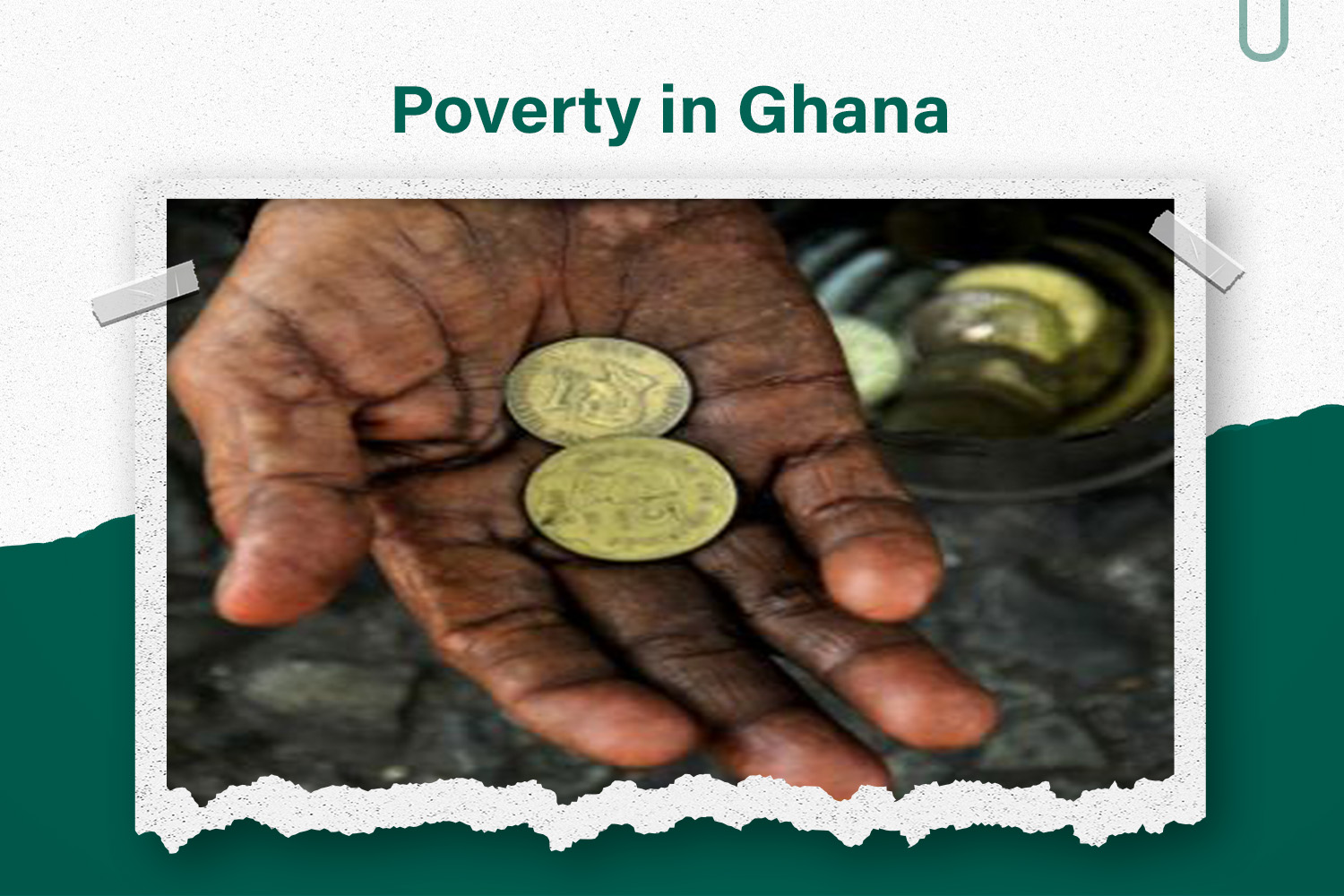When it comes to the problem of poverty in Ghana, Ghana is one of the African countries that is clearly the most affected by this socio-economic issue. Many of the population in Ghana live on very little income and most of them suffer from severe shortages of basic services such as health and education. The problem is increasingly aggravated in rural areas and among young people and women.
The problem of poverty in Ghana and its importance
The problem of poverty in Ghana has significant impacts on society and the economy. People living in poverty face great difficulties in securing food, shelter and basic clothing. They also often suffer from a lack of access to health care and quality education, which negatively affects their growth and development opportunities. Thus, Ghanaian society faces significant challenges in achieving sustainable development and social equality.
History of poverty in Ghana and its causes
The history of poverty in Ghana is due to several factors, including colonialism and the economic and political changes that the country has undergone. Ghana was heavily influenced by European colonialism and the slavery of gold and diamonds. After regaining its independence in 1957, the country went through several economic and political transformations such as the economic downturn and the deterioration of world prices for agricultural commodities.

Poverty in Ghana
These factors are considered among the main causes of poverty in Ghana.
The history of poverty in Ghana and its causes are of great importance in understanding the roots of the problem and developing effective strategies to eradicate poverty in the country. By highlighting this issue and working to improve socio-economic conditions, Ghana can achieve sustainable development and provide a better life for all its residents.
Economic conditions in Ghana
Ghana is experiencing economic conditions that contribute to exacerbating the problem of poverty in the country. Many Ghanaian individuals suffer from a lack of well-paid jobs, and this negatively affects their income level and ability to meet their basic needs. Poor people in Ghana often work in informal and agricultural sectors that provide meager wages and unstable working conditions.
Ghana’s poor economic class
The poor economic class in Ghana makes up a significant part of the country’s population. These individuals suffer from a lack of access to basic services such as safe drinking water and decent sanitation. They also have difficulties in accessing quality education and suitable job opportunities. The poor economic class in Ghana live in harsh conditions and need government support and community efforts to improve their economic and social status.
Unemployment and its impact on the poverty level in Ghana
Unemployment is one of the main factors affecting the poverty level in Ghana. Due to the lack of suitable job opportunities, many young people find it difficult to find well-paying jobs. High unemployment rates lead to lower income rates and increase the obstacles that poor individuals face in meeting their basic needs. Therefore, the Ghanaian government should focus on creating new jobs and strengthening the professional capabilities of young people to improve the poverty level in the country.
Ghana is facing negative impacts on individual health and education due to the problem of poverty in the country. Poor individuals have difficulties accessing quality health care and properly resourced schools.
On the health front, Ghana faces significant challenges in providing health care to poor individuals. Lack of funding leads to lack of health infrastructure and lack of necessary medical resources. In addition, poor individuals suffer from a lack of health awareness and a lack of knowledge necessary to maintain their personal health and prevent widespread diseases.
With regard to education, poverty is one of the main factors hindering access to quality education in Ghana. Poor families often find it difficult to secure education costs and provide the necessary textbooks and school materials. Poor students also have difficulties accessing high-quality schools and qualified teachers.
Therefore, the Ghanaian government must address these challenges by allocating more investments in the health and education sectors and providing the necessary support to poor individuals. The government should cooperate with local and community bodies to provide the necessary opportunities and improve the economic and social situation of the individual and society in general.
Government efforts to combat poverty in Ghana
Government poverty reduction policies and programs in Ghana
The Ghanaian government is aware of the great challenges it faces in combating poverty and improving the economic and social situation of the individual and society in general. It has adopted multiple policies and programs aimed at achieving this goal. Among these policies and programs are:

Poverty in Ghana
Human rights and economic empowerment program: this program aims to provide support to poor individuals and empower them economically by providing job opportunities, training and professional development.
Universal health care program: this program aims to provide universal health care to poor individuals by developing health infrastructure and providing the necessary resources.
Comprehensive education program: this program aims to provide quality education opportunities to poor individuals by providing high-quality schools and empowering qualified teachers.
Evaluation of the government’s efforts in the fight against poverty
Despite the efforts made by the Ghanaian government in the fight against poverty, there is a need to assess its role and the effectiveness of the policies and programs adopted. There should be regular studies and questionnaires to measure the impact of these efforts on improving the economic and social life of the individual and society.

Poverty in Ghana
Among the aspects that can be evaluated, it is possible to mention:
Access to services: have policies and programmes been able to adequately provide poor people with health and education opportunities Have high-quality schools and hospitals been provided in rural and poor areas
Economic impact: have policies and Programs been able to improve the economic situation of poor individuals Have the necessary job opportunities and financial support been provided to enable them to improve their material life
Social improvements: have policies and Programs been able to provide education and health care opportunities to poor individuals in a way that positively affects their social and cultural life
By assessing these aspects and working to complement the existing shortcomings, the Ghanaian government can achieve tangible improvements in the fight against poverty and improve the lives of poor individuals in the country.
Non-governmental efforts to combat poverty in Ghana
The most important non-governmental organizations and projects to help the poor in Ghana
Many NGOs in Ghana are working to help the poor and improve their situation. Among such organizations and projects are:
“Social fabric of the poor”: this organization aims to provide support and social assistance to poor individuals by providing urgent financial assistance, training and professional qualification.
“Ghanaian women’s Association for the support of the poor”: this organization works to empower poor women by providing job opportunities, training and promoting their entrepreneurship.
“Sustainable agriculture project”: this project aims to promote sustainable agriculture and improve the livelihoods of poor farmers by providing agricultural materials, training and technical support.
Impact and results of NGO efforts in poverty alleviation
The efforts of NGOs contribute to achieving tangible improvements in the lives of poor individuals in Ghana. The results of these efforts include:
Job creation: organizations work to create jobs for poor individuals, enabling them to improve their material life and secure their basic needs.
Income improvement: organizations provide training and financial support to poor individuals, helping them to increase their income and improve their living conditions.
Provision of health care and education: NGOs are interested in improving access to health services and education for poor individuals, helping them to achieve progress in their social and cultural life.
By continuing the efforts of these organizations and strengthening cooperation between the government and the non-governmental sector, greater improvements can be achieved in combating poverty and improving living conditions in Ghana.
The impact of poverty on society in Ghana
Family disintegration and increased crime due to poverty in Ghana
Many families in Ghana are experiencing family disintegration due to the extreme poverty facing them. Poverty causes material and psychological stress on families, which leads to an increase in divorces and family disintegration. In turn, this can affect the health, education and psychosocial development of children. In addition, poverty also promotes the occurrence of crime in society, as poor individuals find it difficult to secure their basic needs and some resort to theft and illegal trade to survive.
Discrimination and racism and their impact on the poor community in Ghana
Poor groups in Ghana also suffer from discrimination and racism. Poor individuals suffer from a lack of opportunities and social marginalization, as poverty and inequality accumulate in their daily lives. They are subjected to discrimination in the fields of education, work and health care, which negatively affects their opportunities and the possibility of improving their living conditions. Racism also exacerbates the economic and social conditions of the poor community in Ghana, hindering progress and sustainable development.
By continuously fighting poverty and working to mitigate its effects, positive change can be achieved in the lives of individuals and society in Ghana. This requires joint efforts by the government, NGOs and the local community to provide jobs, promote education and health care, and combat discrimination and racism.
Future challenges for poverty eradication in Ghana
The problem of population increase and its impact on poverty reduction efforts
Population growth in Ghana is a major challenge in poverty reduction efforts. The country is experiencing a rapid population growth rate, which leads to an increased demand for basic resources such as water, food and housing. It means that the government, international and local organizations should work hard to provide these resources to everyone in a sustainable way.
Ghana’s changing economy and its challenges to poverty eradication
The economy of Ghana is facing great challenges in the fight against poverty. The economy is heavily dependent on the agricultural sector, but climate changes and plant diseases can negatively affect the productivity of Agriculture. In addition, the country is facing challenges in diversifying its economy and creating jobs for unemployed youth. The government and the private sector must work together to promote investment, encourage entrepreneurship and promote economic growth to eradicate poverty in Ghana.
Poverty reduction in Ghana requires the adoption of sustainable and comprehensive solutions to the challenges facing the country.
The role of AHAD in solving the problem of poverty in Ghana:
AHAD plays an important role in solving the problem of poverty in Ghana. The association works to provide the necessary funding for poor and disadvantaged groups, provide vocational training and skills necessafry for work and promote access to employment. In addition, the association seeks to promote education and awareness of human rights and strengthen community participation in decision-making processes related to government policies related to the fight against poverty.
These solutions may help alleviate poverty and achieve sustainable development in Ghana, and it is important that the efforts exerted by the government and international and local organizations to achieve these goals continue.
Poverty reduction in Ghana requires the adoption of sustainable and comprehensive solutions to the challenges facing the country. These solutions include infrastructure development and job creation. The development of the country’s infrastructure and the creation of jobs are the most important means of trapping poverty in Ghana. The government should invest in infrastructure to improve access to basic resources such as water, electricity and transport. Other non-agricultural industries should also be strengthened to create jobs for young people and diversify the economy.
As related articles:




